Navigating The World Of Cosmetics: Understanding Animal Testing In 2024
Navigating the World of Cosmetics: Understanding Animal Testing in 2024
Related Articles: Navigating the World of Cosmetics: Understanding Animal Testing in 2024
Introduction
With great pleasure, we will explore the intriguing topic related to Navigating the World of Cosmetics: Understanding Animal Testing in 2024. Let’s weave interesting information and offer fresh perspectives to the readers.
Table of Content
- 1 Related Articles: Navigating the World of Cosmetics: Understanding Animal Testing in 2024
- 2 Introduction
- 3 Navigating the World of Cosmetics: Understanding Animal Testing in 2024
- 3.1 Understanding the Terminology: Cruelty-Free vs. Vegan
- 3.2 Why is Animal Testing in Cosmetics a Concern?
- 3.3 The Current State of Animal Testing in Cosmetics
- 3.4 Identifying Brands that Test on Animals
- 3.5 FAQs: Makeup Brands and Animal Testing
- 3.6 Tips for Making Informed Choices
- 3.7 Conclusion
- 4 Closure
Navigating the World of Cosmetics: Understanding Animal Testing in 2024
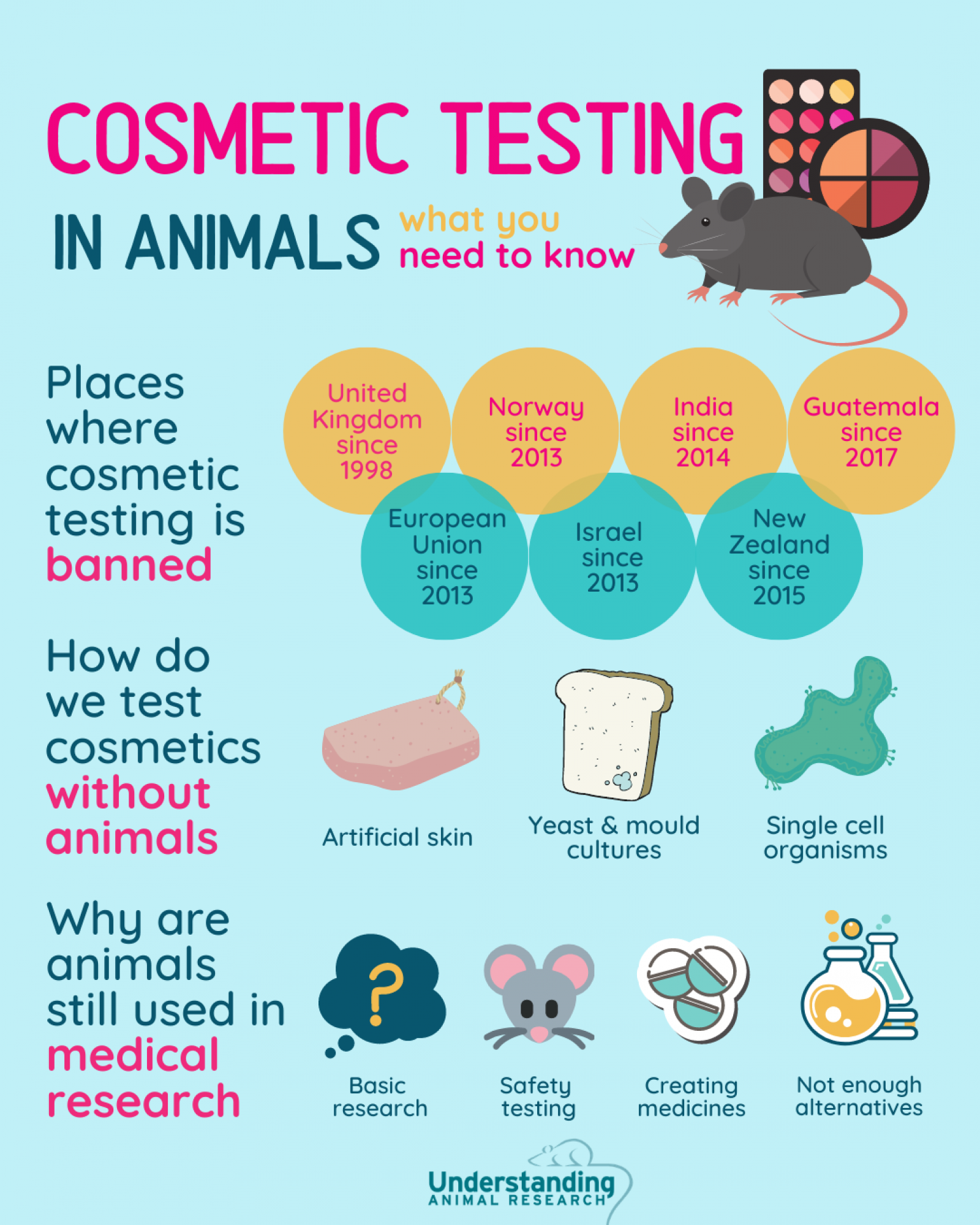
The ethical implications of animal testing in the cosmetics industry remain a significant concern for consumers worldwide. While many brands have embraced cruelty-free practices, some continue to utilize animal testing, either directly or indirectly. This article aims to provide a comprehensive understanding of the current landscape of animal testing in the cosmetics industry, outlining key aspects for informed consumer decision-making.
Understanding the Terminology: Cruelty-Free vs. Vegan
The terms "cruelty-free" and "vegan" are often used interchangeably, but they hold distinct meanings within the cosmetics industry.
- Cruelty-Free: This label signifies that a company or product has not been tested on animals. However, it does not necessarily indicate that the product is vegan.
- Vegan: This label signifies that a product does not contain any animal-derived ingredients. A vegan product can still be tested on animals, so it is crucial to look for both "cruelty-free" and "vegan" labels for complete assurance.
Why is Animal Testing in Cosmetics a Concern?
The practice of animal testing in cosmetics raises ethical and scientific concerns.
- Ethical Considerations: Many individuals believe that animal testing is inherently cruel and unethical. Animals used for testing are often subjected to painful procedures, confinement, and ultimately, death.
- Scientific Limitations: Animal testing has limitations in predicting human reactions to cosmetic ingredients. Different species respond differently to substances, making it difficult to extrapolate results to humans.
- Availability of Alternatives: Modern scientific advancements have led to the development of non-animal testing methods, such as in vitro testing using human cells and tissues. These methods offer a more accurate and ethical alternative to animal testing.
The Current State of Animal Testing in Cosmetics
While many countries have banned or restricted animal testing for cosmetics, the practice still persists in some regions.
- China: The Chinese market remains a significant challenge for cruelty-free brands. While the country has banned animal testing for imported cosmetics, it still requires domestic brands to conduct animal testing before selling their products within the Chinese market.
- Other Markets: Some countries still permit or require animal testing for cosmetics. This can create challenges for brands seeking to expand their reach globally while maintaining their cruelty-free status.
Identifying Brands that Test on Animals
Consumers play a vital role in promoting ethical practices within the cosmetics industry. Recognizing brands that test on animals is crucial for making informed purchasing decisions.
- Look for Certification: Reputable organizations such as PETA (People for the Ethical Treatment of Animals) and Leaping Bunny offer certifications to brands that meet specific cruelty-free standards. These certifications provide assurance that the brand does not conduct or commission animal testing.
- Check Brand Websites: Many brands clearly state their animal testing policies on their websites. Look for statements about cruelty-free practices or commitments to using alternative testing methods.
- Consult Online Resources: Several online resources, such as Cruelty-Free Kitty and Ethical Elephant, provide comprehensive lists of cruelty-free brands and information about their policies.
- Contact the Brand Directly: If you have concerns about a brand’s animal testing policies, do not hesitate to contact them directly.
FAQs: Makeup Brands and Animal Testing
Q: Are all brands that sell in China testing on animals?
A: No. While China requires domestic brands to conduct animal testing, it has exempted imported cosmetics from this requirement. However, many brands choose to test their products on animals to gain access to the Chinese market, even if they are considered cruelty-free in other regions.
Q: Does buying a product online guarantee that it is cruelty-free?
A: Not necessarily. While many online retailers promote cruelty-free products, it is essential to verify a brand’s testing policies independently. Check the brand’s website or consult online resources for confirmation.
Q: Can I trust brands that claim to be "cruelty-free" but are not certified?
A: It is generally recommended to trust certified brands. However, some brands may have ethical policies that are not formally certified. Research their policies thoroughly before making a purchasing decision.
Q: What can I do if I find out that a brand I like tests on animals?
A: You can choose to stop supporting that brand and explore alternatives. You can also contact the brand directly to express your concern and encourage them to adopt cruelty-free practices.
Tips for Making Informed Choices
- Prioritize Certified Brands: Look for certifications from reputable organizations such as PETA and Leaping Bunny.
- Research Brand Policies: Thoroughly examine a brand’s website and policies to understand their commitment to cruelty-free practices.
- Support Cruelty-Free Retailers: Choose retailers that actively promote and stock cruelty-free products.
- Engage with Brands: Contact brands directly to voice your support for cruelty-free practices and encourage them to adopt ethical policies.
Conclusion
The debate surrounding animal testing in cosmetics continues to evolve, with ongoing efforts to promote ethical and sustainable practices. By understanding the complexities of this issue, consumers can make informed decisions that align with their values and support brands committed to cruelty-free practices. Ultimately, choosing cruelty-free products contributes to a more humane and responsible cosmetics industry.
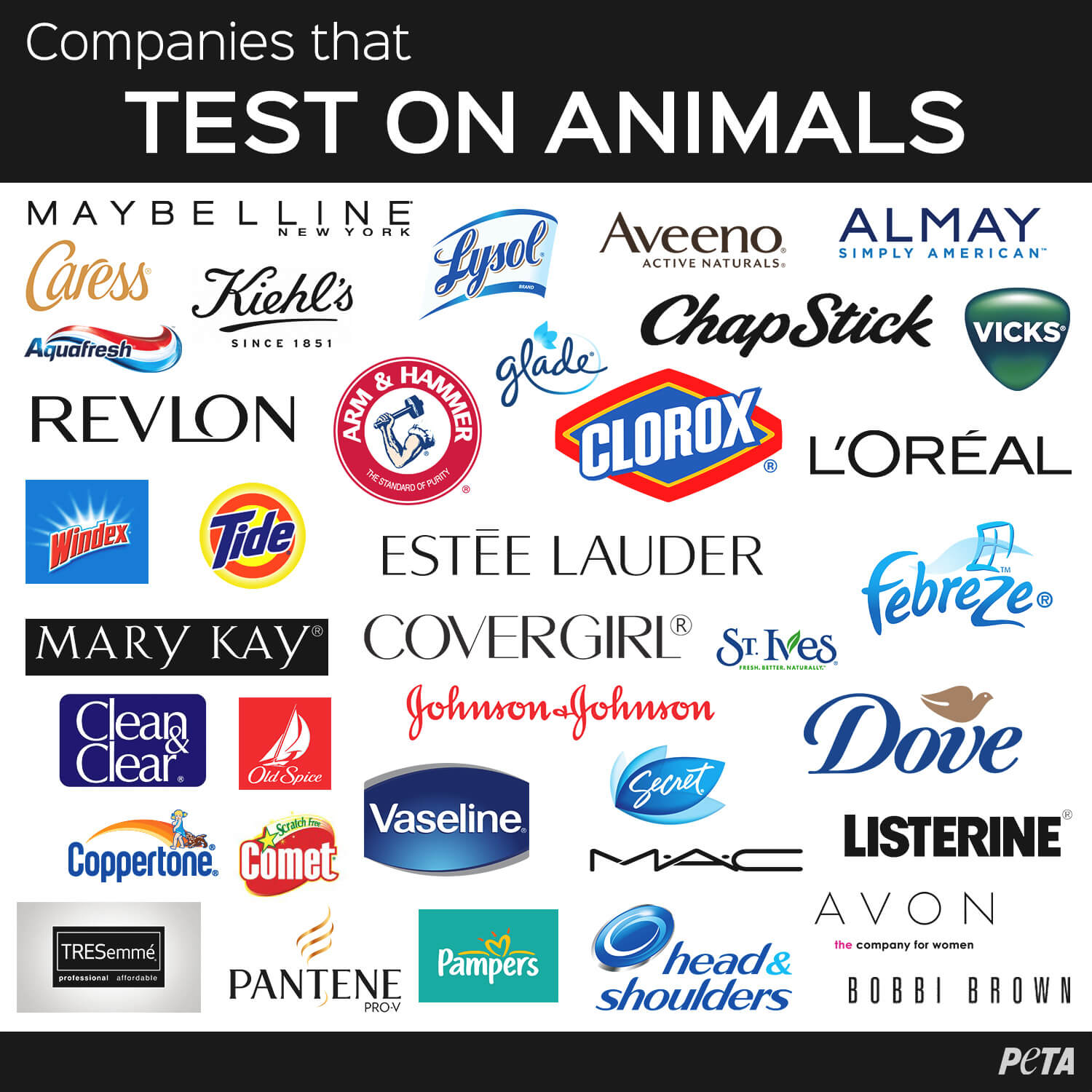


/GettyImages-1316412895-c10088ce59774d329891a246daa68dda.jpg)
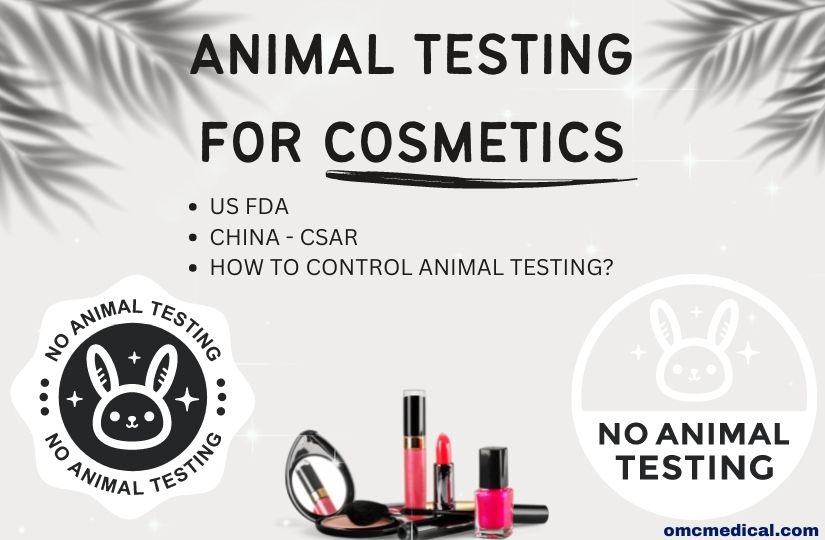
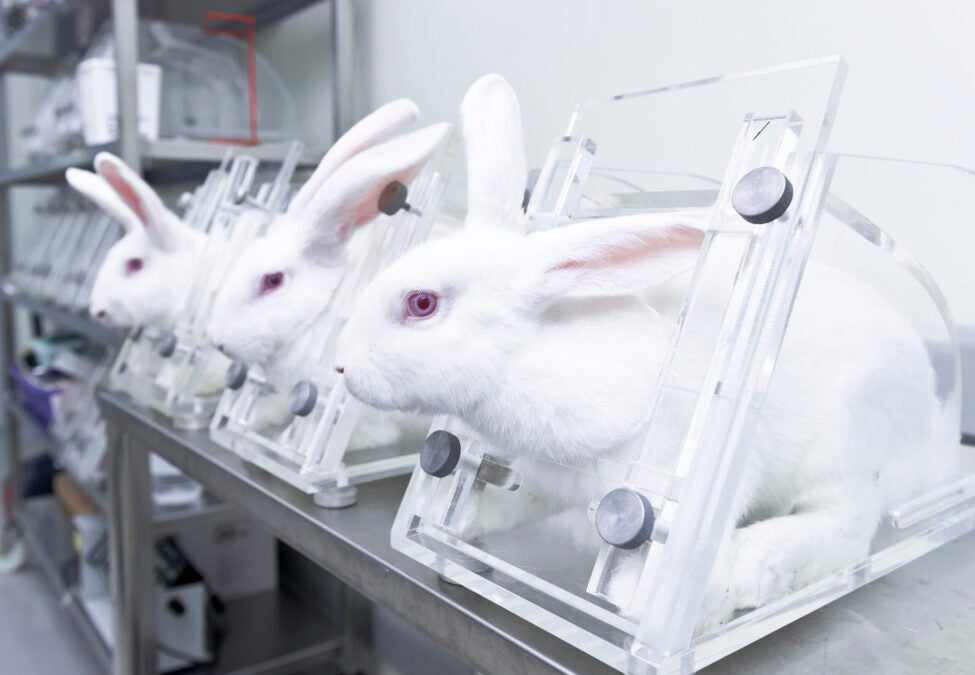
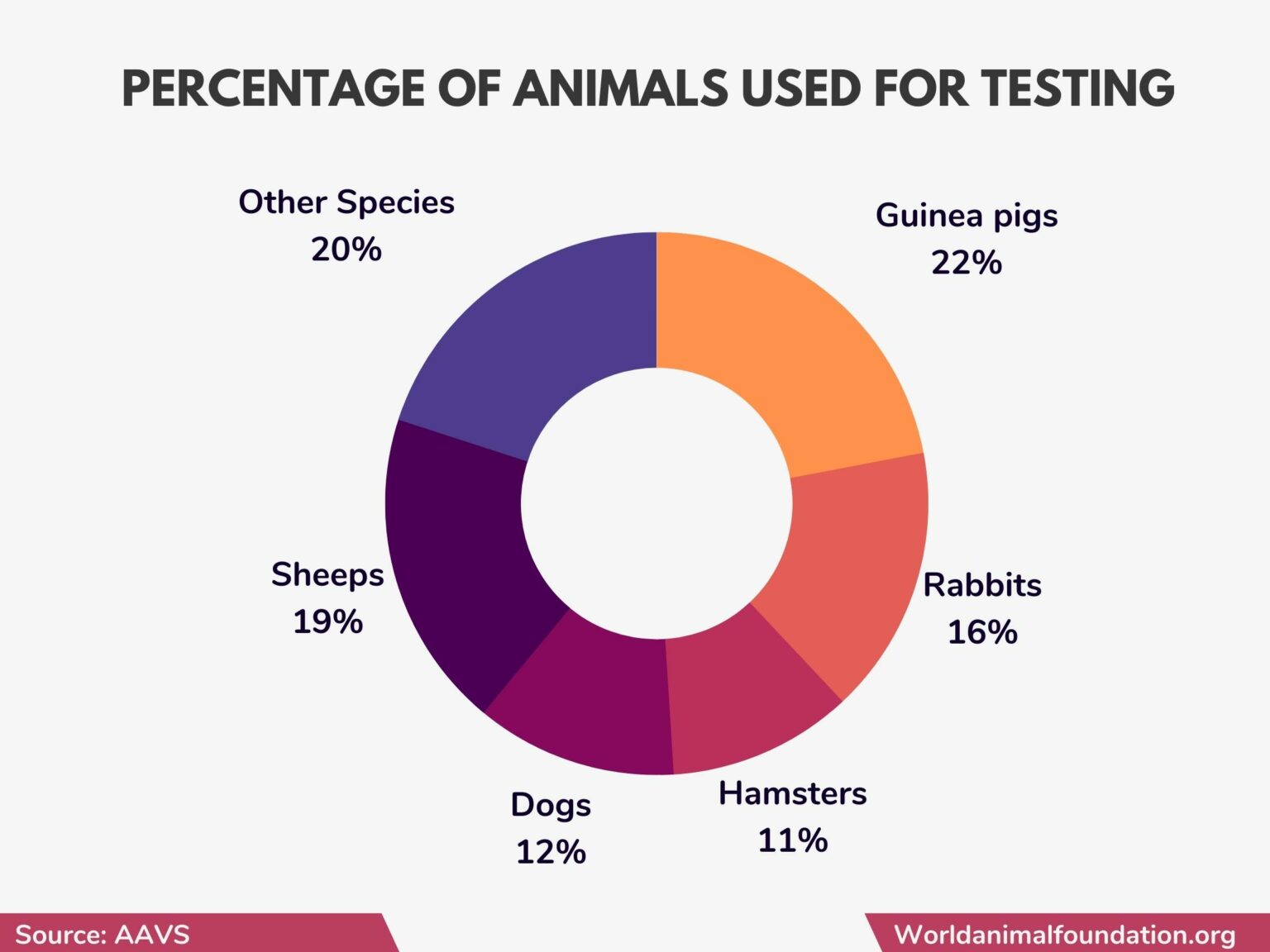
:max_bytes(150000):strip_icc()/GettyImages-10031716-cdfc59536c744f7a8906057ce6dd832b.jpg)
Closure
Thus, we hope this article has provided valuable insights into Navigating the World of Cosmetics: Understanding Animal Testing in 2024. We appreciate your attention to our article. See you in our next article!
You may also like
Recent Posts
- Mastering The Art Of Eye Makeup: A Comprehensive Guide To The Color Wheel
- The Art Of Enhancement: A Comprehensive Guide To Makeup
- The Ultimate Guide To Makeup Bags For Travel: Organization, Style, And Essential Considerations
- A Guide To Makeup At Walmart For Kids: Exploring Options And Considerations
- A Comprehensive Guide To Makeup Brands Beginning With C: From Classic To Cutting-Edge
- The Ultimate Guide To Finding The Perfect Makeup Chair: A Comprehensive Look At Kmart’s Offerings
- Navigating The World Of Makeup For Sensitive Skin: A Guide To Finding The Perfect Fit
- The Ever-Evolving Canvas: Exploring Makeup Designs Through The Decades
Leave a Reply